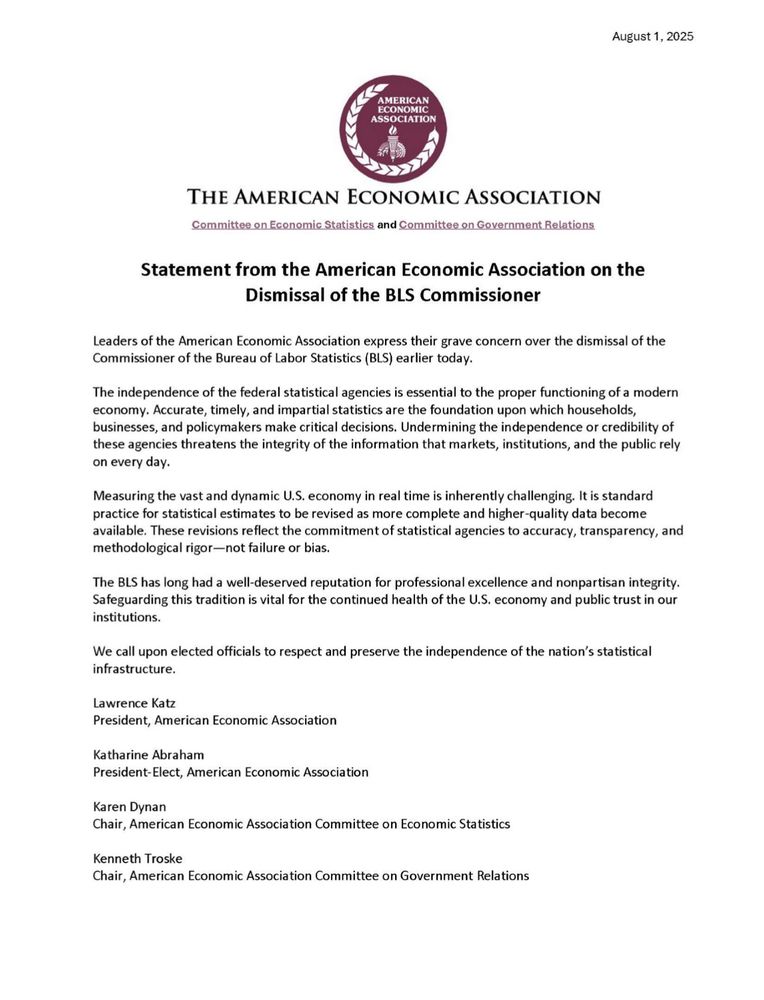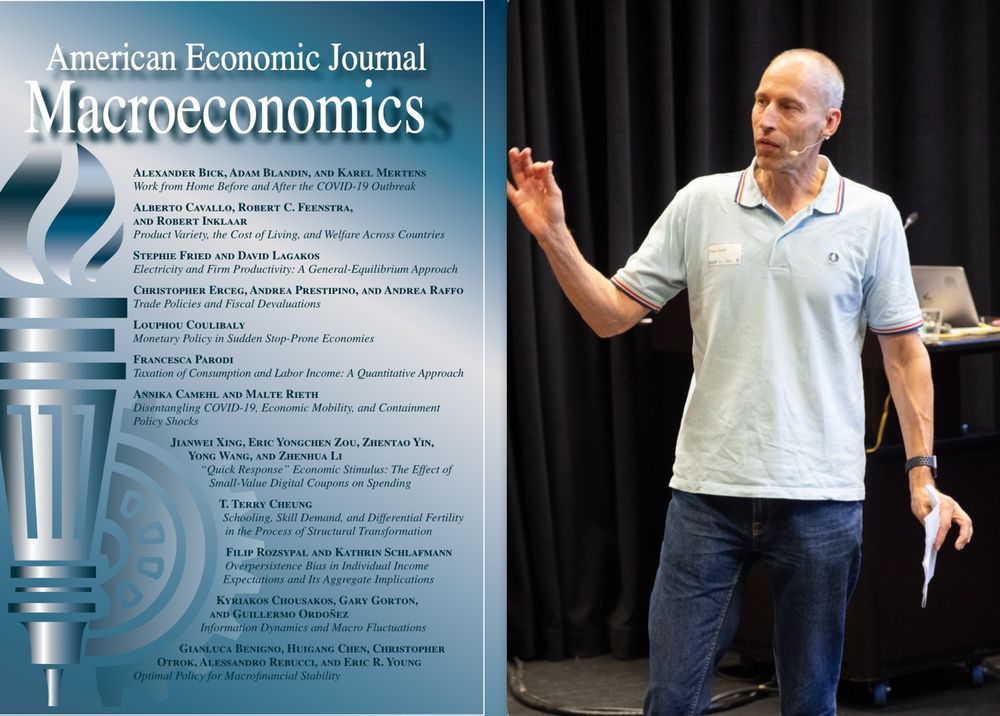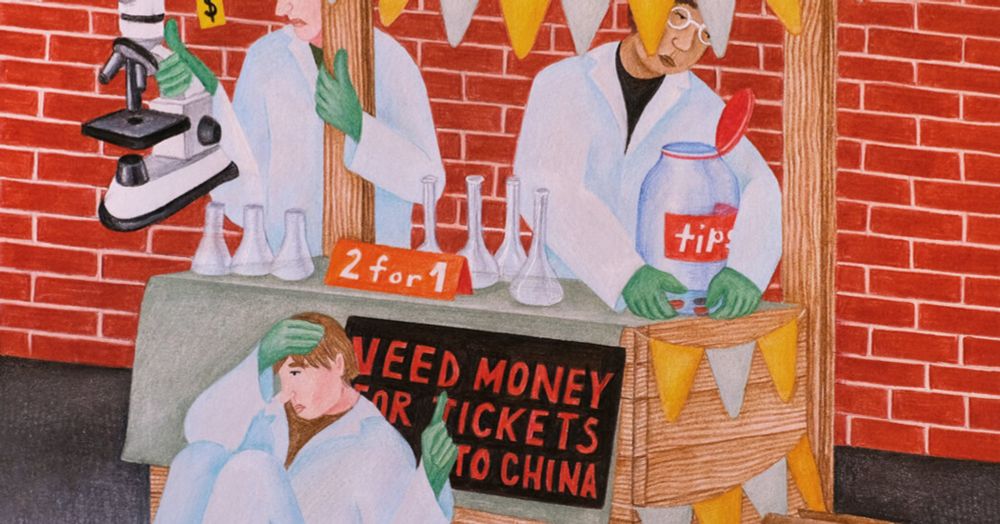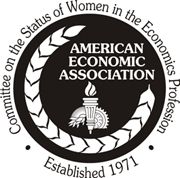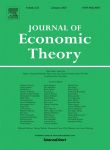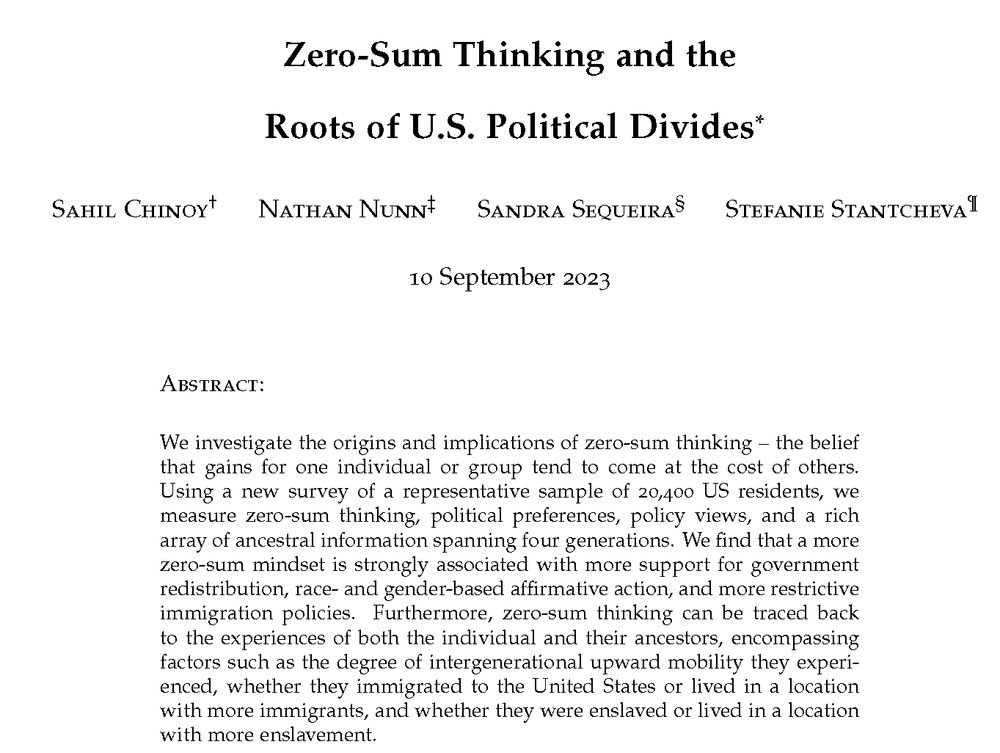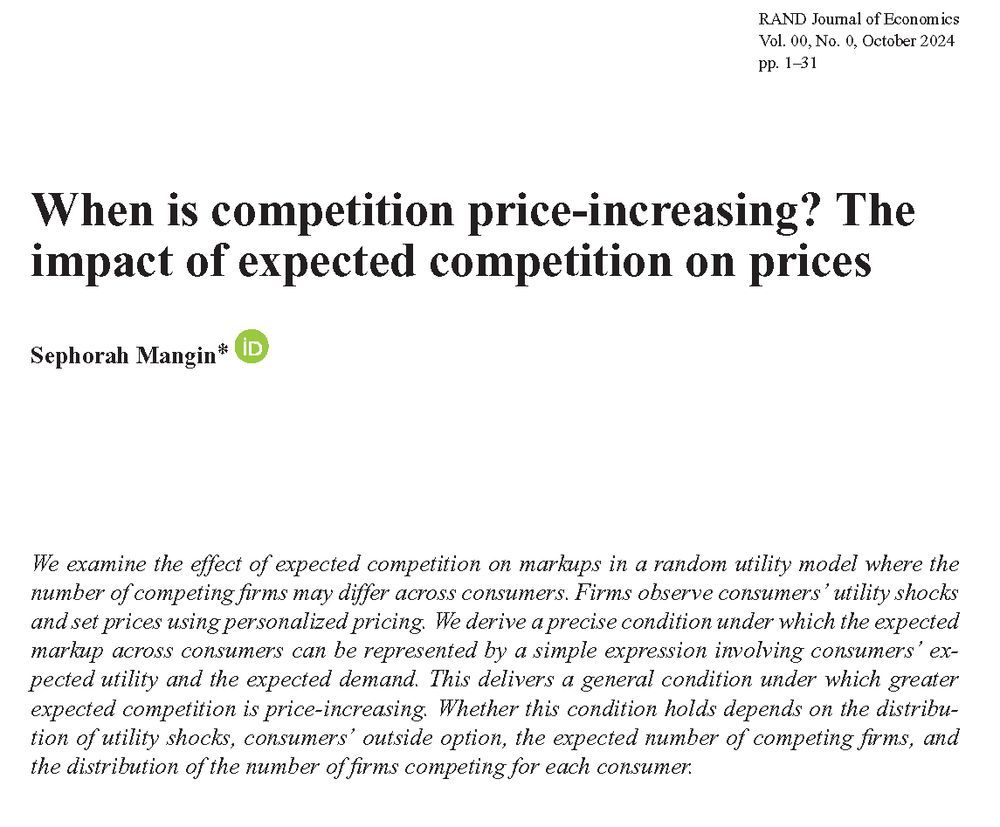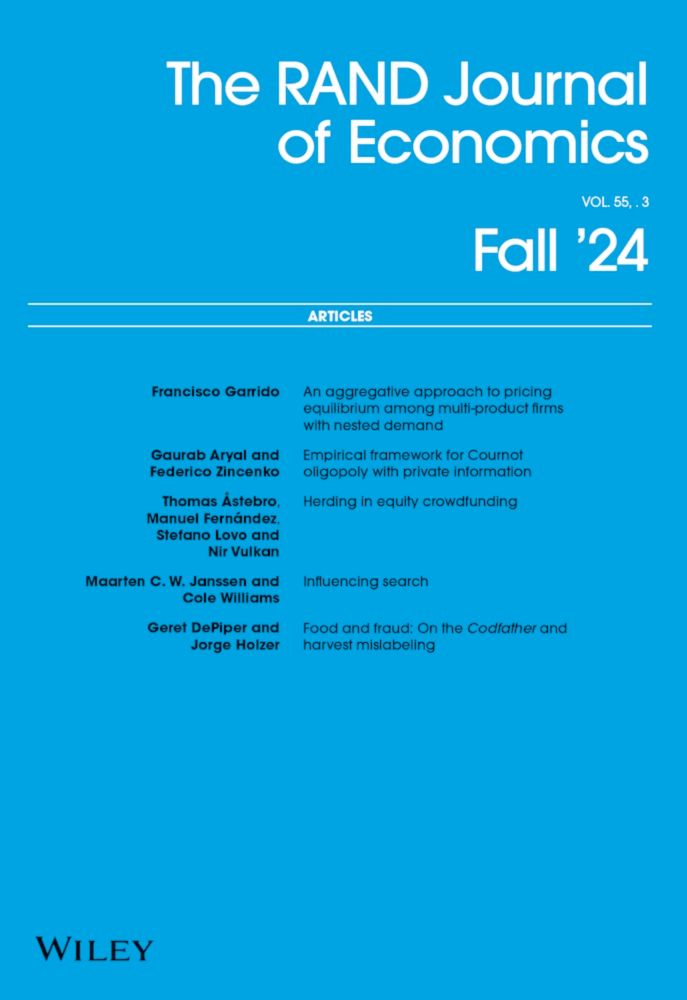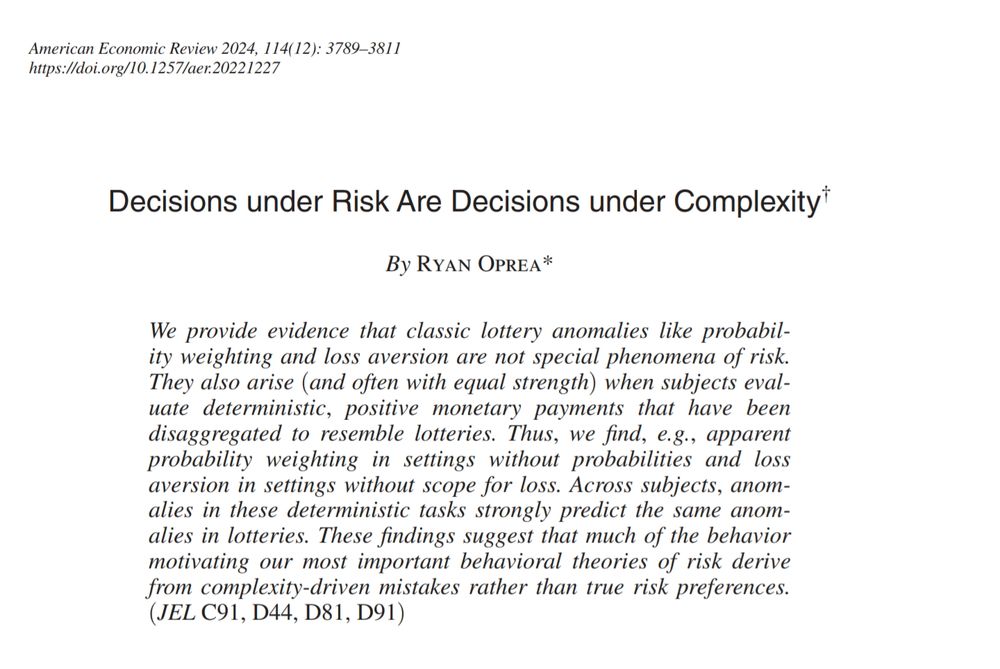Sephorah Mangin
@sephorahmangin.bsky.social
200 followers
530 following
16 posts
Associate Professor of Economics, ANU
Website: http://www.sephorahmangin.info
Posts
Media
Videos
Starter Packs
Pinned
Reposted by Sephorah Mangin
Reposted by Sephorah Mangin
Reposted by Sephorah Mangin
Reposted by Sephorah Mangin
Reposted by Sephorah Mangin
Reposted by Sephorah Mangin
Reposted by Sephorah Mangin
Reposted by Sephorah Mangin
Juan Moreno-Cruz
@jmorenocruz.bsky.social
· Nov 27
Peter Hull
@instrumenthull.bsky.social
· Nov 27








